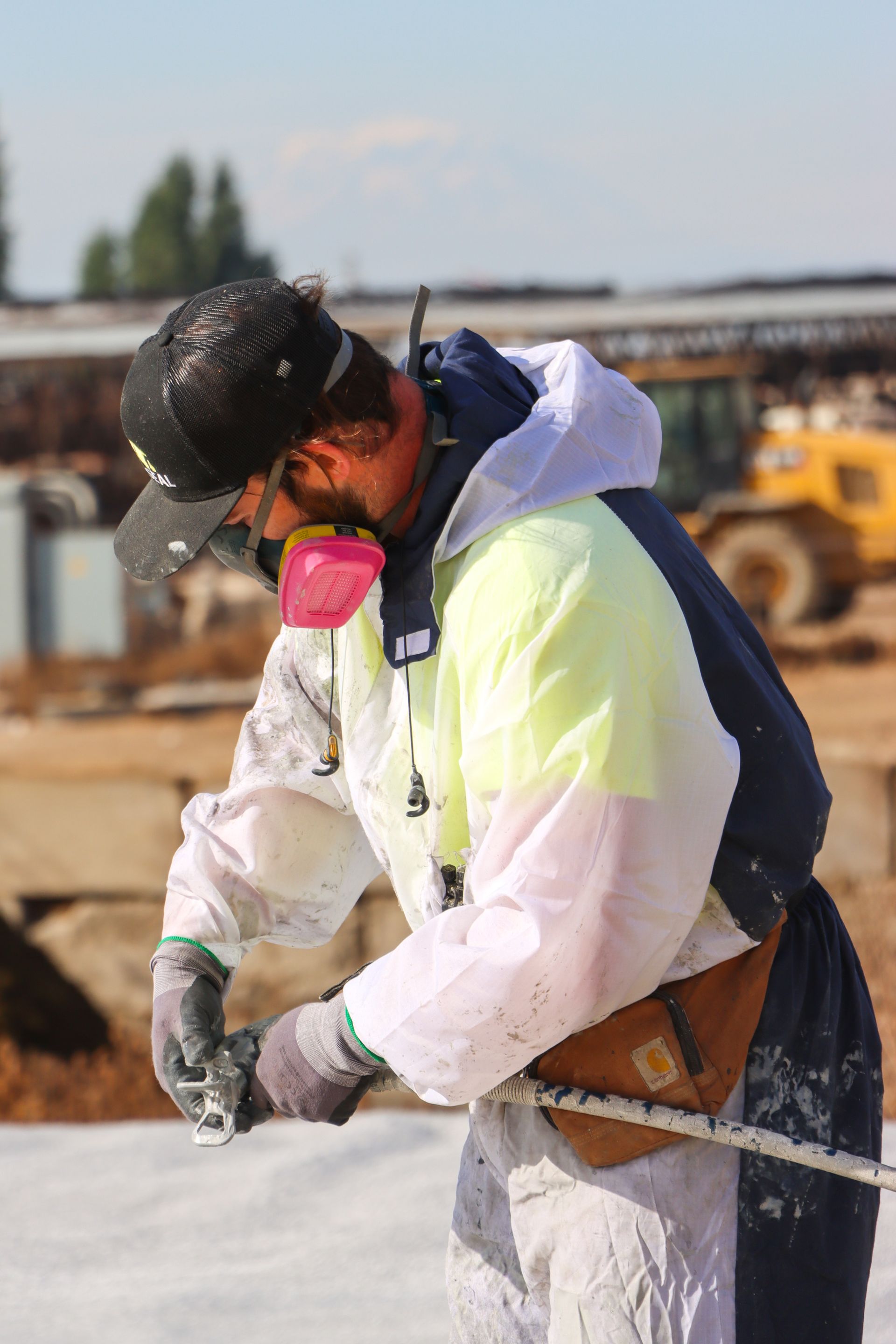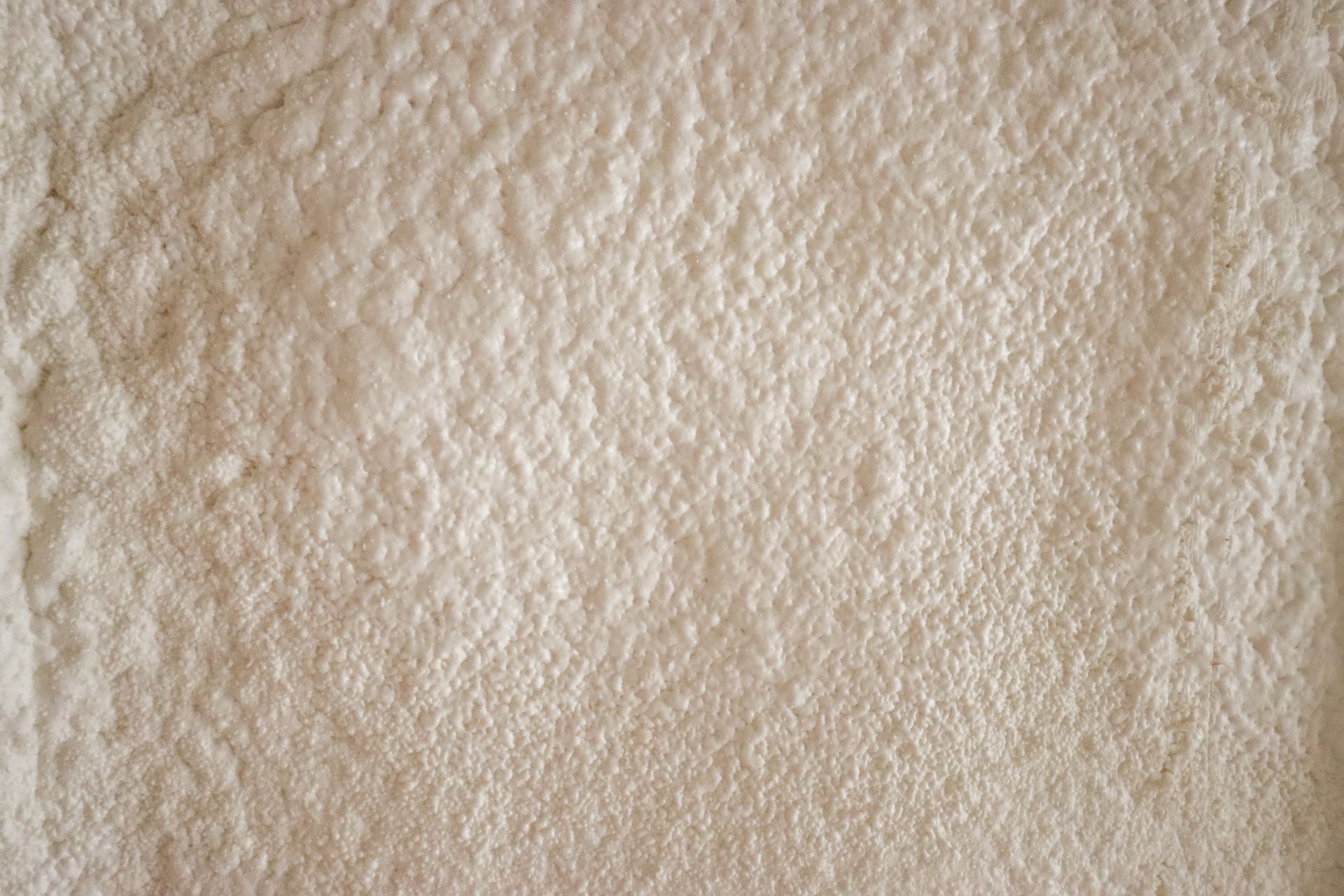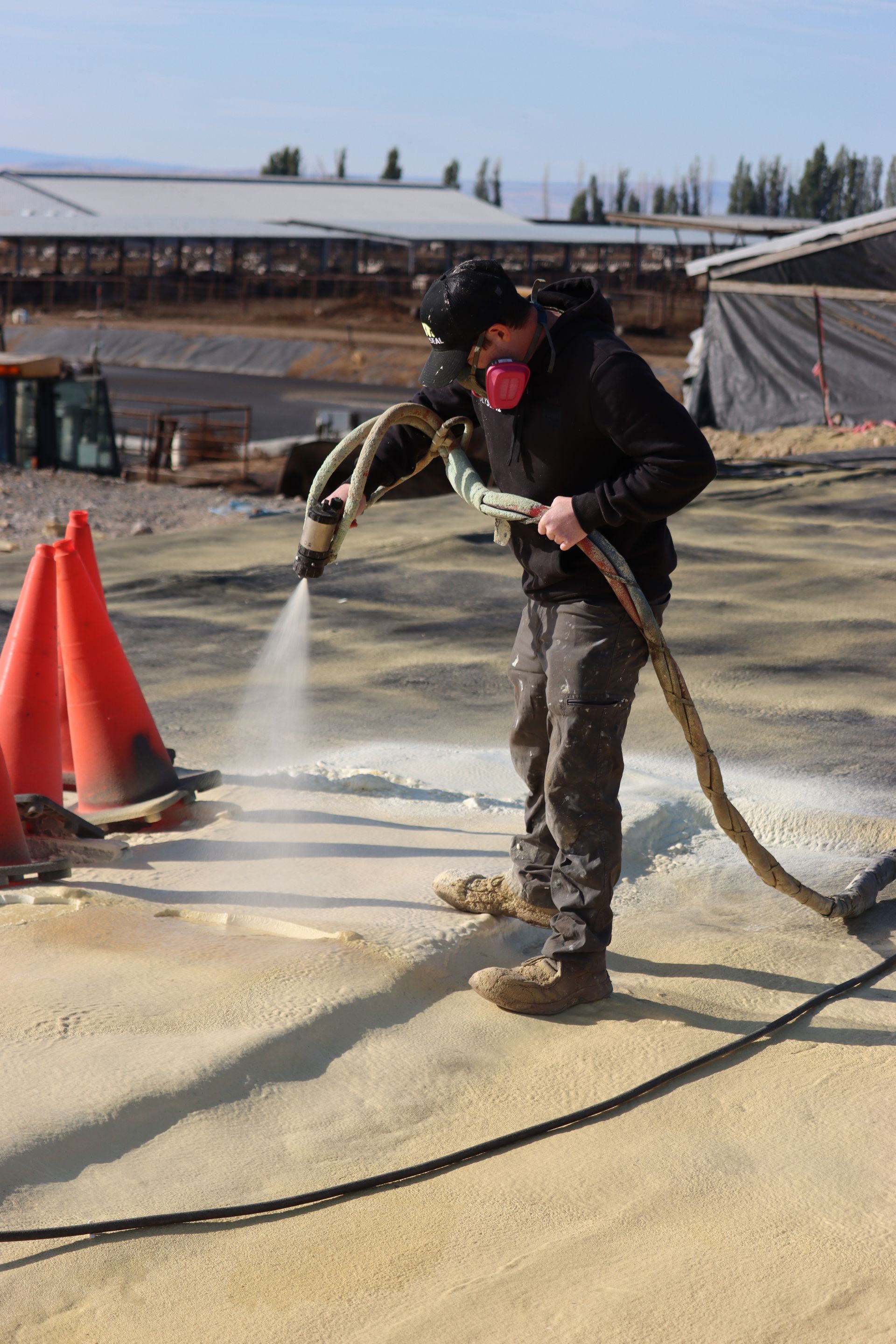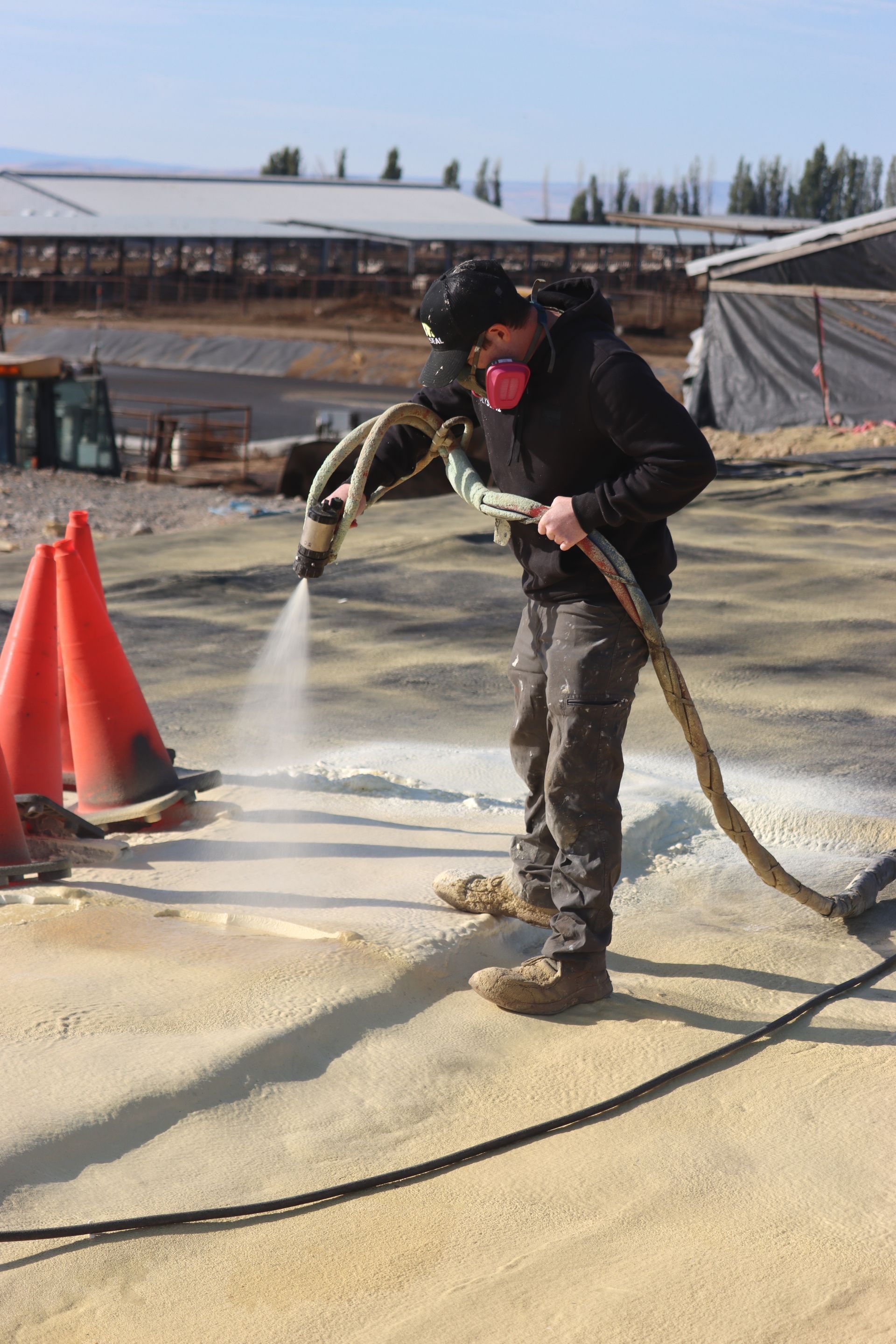Sealing the Deal: Understanding How Spray Foam Insulation Achieves Watertight Protection
In the realm of insulation solutions, few options offer the comprehensive protection and versatility of spray foam insulation. Beyond its renowned thermal efficiency, one of the most compelling features of spray foam insulation lies in its ability to create a watertight seal. In this blog, we delve into the mechanisms behind spray foam insulation's watertight properties and explore how it safeguards homes and buildings against moisture infiltration with unparalleled efficacy.
A Seamless Barrier:
At the heart of spray foam insulation's watertight capabilities lies its unique application process. Unlike traditional insulation materials, which rely on bulky batts or loose-fill fibers, spray foam insulation is applied as a liquid mixture that expands and solidifies upon contact with surfaces. This allows it to conform to the contours of walls, ceilings, and other structural elements, creating a seamless barrier that leaves no room for moisture penetration.
Closed-Cell Structure:
One of the key factors that contribute to spray foam insulation's watertightness is its closed-cell structure. Closed-cell spray foam consists of tiny, densely packed cells that are impermeable to air and water. When applied, these cells interlock to form a continuous, impermeable barrier that repels water and prevents moisture from seeping through.
Adhesion and Adherence:
Another hallmark of spray foam insulation is its exceptional adhesion and adherence properties. As it expands and cures, spray foam forms a strong bond with the surfaces it is applied to, creating a durable, watertight seal that withstands the test of time. Whether applied to walls, roofs, or foundations, spray foam insulation adheres tightly to surfaces, leaving no gaps or seams for water to infiltrate.
Versatile Applications:
From residential homes to commercial buildings, spray foam insulation offers versatile solutions for a wide range of applications. Whether used in new construction or retrofitted into existing structures, spray foam insulation can be applied to virtually any surface, including walls, attics, crawl spaces, and basements. Its ability to create a watertight seal makes it especially well-suited for moisture-prone areas like bathrooms, kitchens, and below-grade spaces.
Protection Against Moisture Damage:
By creating a watertight barrier, spray foam insulation helps protect homes and buildings against moisture damage and the associated problems it can cause. From mold and mildew growth to wood rot and structural deterioration, moisture infiltration can wreak havoc on building materials and compromise indoor air quality. With spray foam insulation, homeowners and building owners can enjoy peace of mind knowing that their property is safeguarded against moisture-related issues.
In the quest for effective insulation solutions, spray foam insulation stands out as a game-changer, offering unmatched thermal performance and watertight protection. Through its unique application process, closed-cell structure, adhesion properties, and versatile applications, spray foam insulation creates a seamless barrier that repels water and prevents moisture infiltration with unparalleled efficacy. As we strive to create healthier, more resilient homes and buildings, spray foam insulation emerges as a cornerstone of modern construction, paving the way for a future where watertight protection is the norm rather than the exception.









